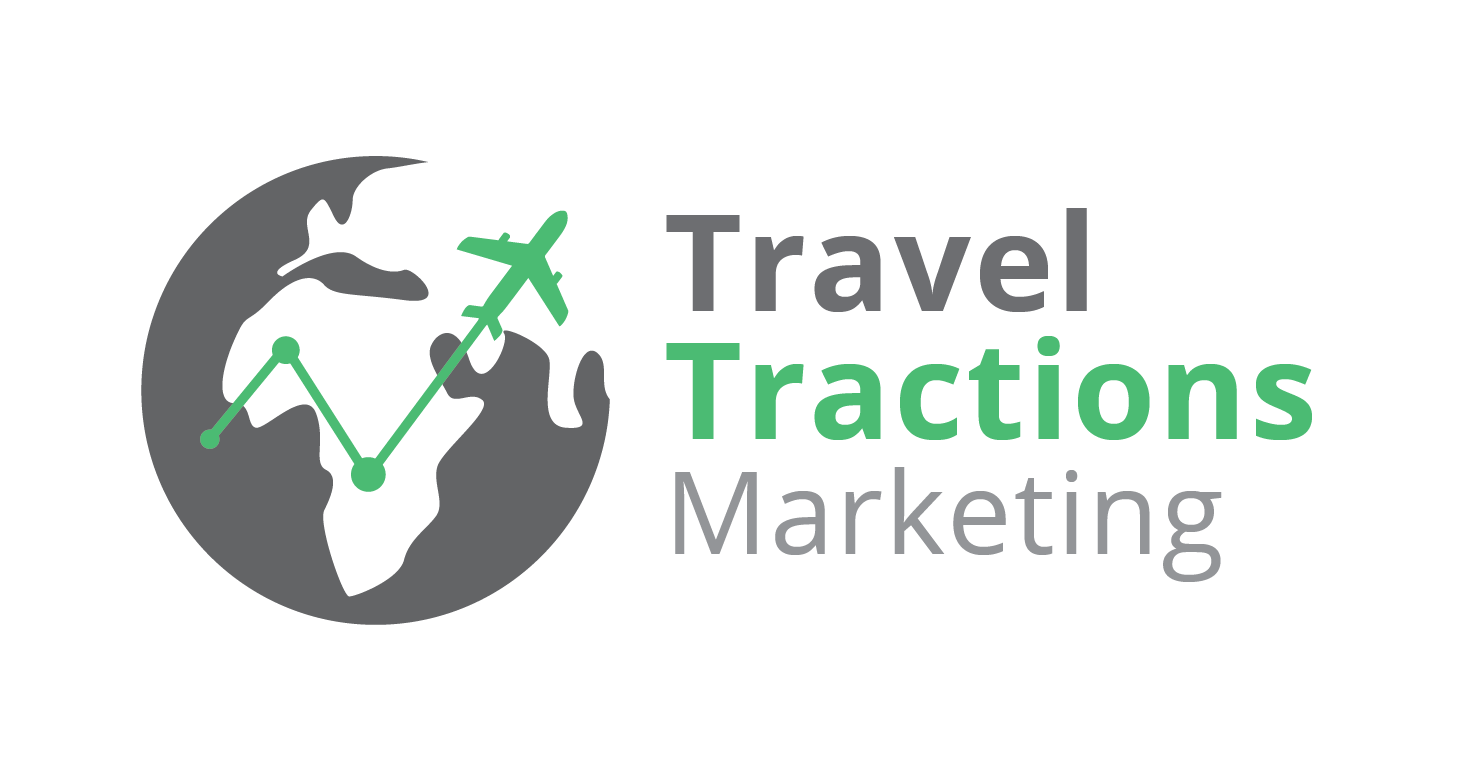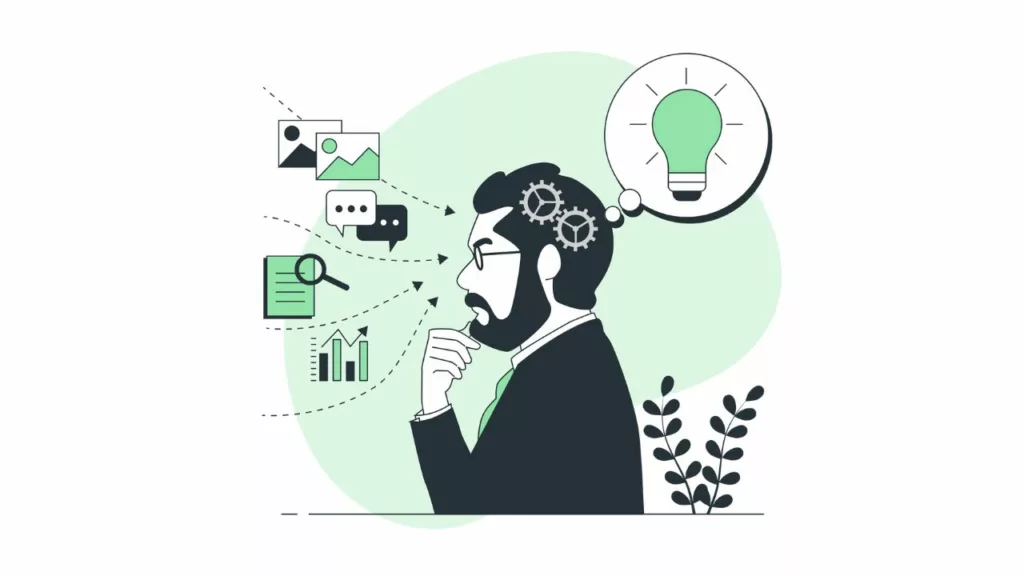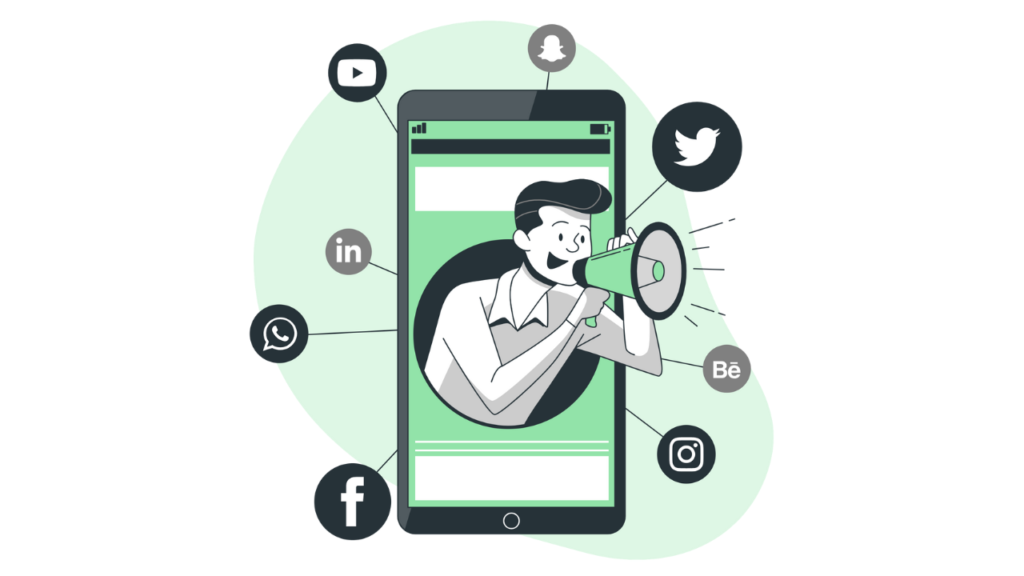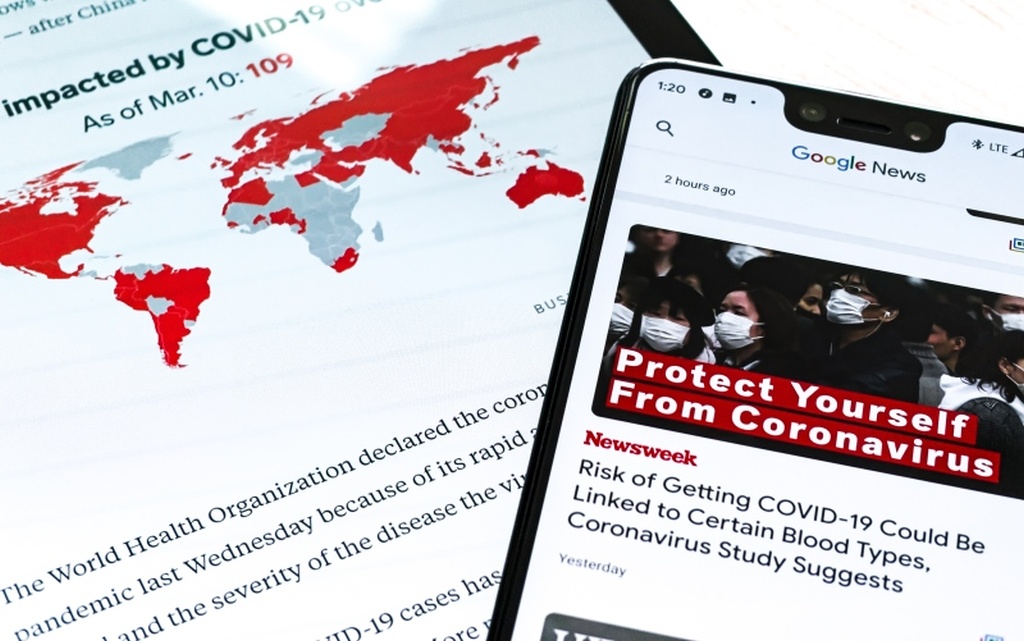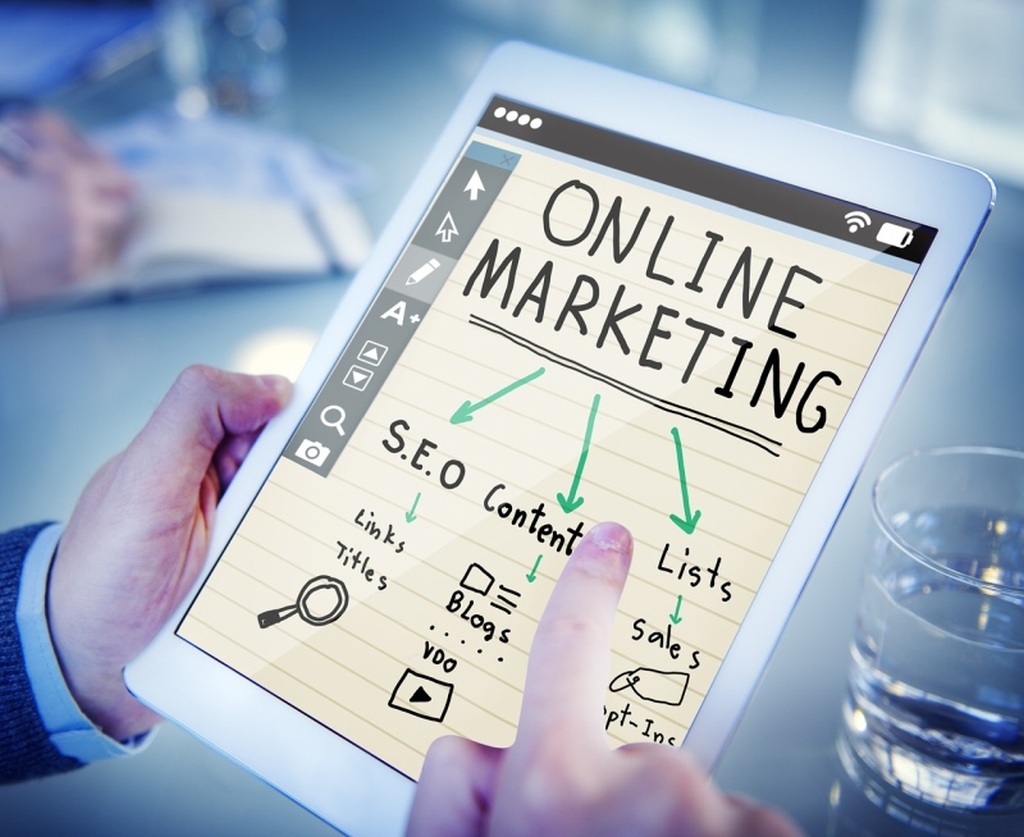

Hospitality Marketing in 2024 – Industry Trends & How to Jump on Them
In this article, we’ll look at all aspects of hospitality marketing and what broad current trends are impacting it. As well as how you should develop an effective strategy for your business.
What is Hospitality Marketing?
In terms of a general concept, “marketing” involves driving awareness of your business and sometimes the unique selling points of your product to an audience. The aim is to get them to regard your product or service as desirable and distinctive from (or better than) competitors.
Hospitality is essentially a service-based business category that focuses on fulfilling the needs of potential customers. The different sectors within hospitality require a few specific considerations beyond the general idea of “marketing.”
Sectors in Hospitality Marketing and Targeting
Hospitality companies like hotels, resorts, restaurants, recreational establishments, and so on, all thrive on the relationship they have with their existing customers and their understanding of consumer behaviour.
Hospitality marketing is very much about targeting the right audience with the relevant content, on the channels that work for that sector. Let’s take a look at how this could be done.
Tourism and Travel
In tourism and travel, you may focus your hospitality marketing communications towards a number of different sub-sectors. For example, leisure, business, local, international, and so on. Depending on your focus, your marketing will address the specific needs and requirements of your perceived customer.
Your hospitality marketing messages may include a broader drive to explore your region, country, or specific niche – safari or adventure travel, perhaps?
Food and Beverage
In a resort or at a hotel, F&B provides a critical part of the experience. A lousy meal review can adversely affect the hotel’s reputation in general, regardless of the quality of the other services.
On the other hand, a hotel with a stellar reputation for food can be in high demand. Gaining reviews and using these to market your business is a great way to reach the right audience. Food tourism is, after all, a growing sector.
Accommodation or Lodging
Accommodation providers like hotels, B&Bs, hostels, and so on will also market to specific sectors, depending on their locations and niches. Messaging is shaped based on their perceived target in both traditional and social media marketing spheres.
A hostel is often more desirable to the young and energetic, while a romantic 5-star hotel would be most suited to a couple on honeymoon. Recognising what helps your accommodation stand out will then lead you to the perfect marketing strategy.
Recreation
Finally, travellers need recreation. It’s part and parcel of any trip – whether it’s a family holiday or even a business agenda. Beyond sports, eating and dancing, spas and health-based activities like yoga and workshops are also considered recreational services.
It may make sense to partner with a nearby recreational service to enhance your own value offer. Your hospitality marketing strategy should encompass that.
Marketing in the Hospitality Industry: Strategising
A solid hospitality marketing strategy is the key to any company’s successful customer attraction and retention goals. The idea is to attract attention and build loyalty to the product, using practical and relevant communication strategies. It’s estimated that return customers can account for up to 40% of a business turnover.
Hospitality marketing mediums have evolved over the years, from traditional print and broadcast advertising strategies to modern digital and social engagement avenues – especially on mobile apps. Whichever combination of strategies is in place, the idea is to sell an experience. What makes this particular hotel, restaurant, or recreational activity unique?
A hospitality marketing and communication strategy recognises the value of a great experience.
Automation and Personalization – Personalisation Marketing
When customers are made to feel valued and individually recognized, the concept of Personalization Marketing strategies comes into play. Hotels, for example, may keep specific records and preferences, tracking travel trends based on aggregated and collected web data.
Hotel and hospitality marketing services recommend emails and digital advertising campaigns that target clients who have indicated a specific interest.
Another touchpoint may be website interaction or booking engine automation. Intelligent chatbots may engage a visitor to your inquiry engine.
Influencer Marketing
For some time now, influencers have been a part of the hospitality marketing sphere – for better or worse. Selective influencer marketing strategies may offer benefits, provided the influencer is credible and respected in the sector.
In the best cases, influencers will still require supplemental digital content to enhance their effectiveness. If an influencer has focused on a specific element of your product in their content, that’s an opportunity to capitalise on that with content that focuses on the same thing.
Read more: Check out this digital content checklist you might employ to expand your reach.
UGC – User-Generated Content
UGC is different from Influencer content in that it is unsolicited and purely based on what customers have to say about your product. They can take the form of comments on your website or social media, personal blogs, or Youtube content.
Customer reviews are an influential factor when potential new hospitality customers decide whether to spend with you. More often than not, it’s the deciding factor. While you may not always control the content directly, be aware that UGC is a superb driver for brand awareness, so it’s in your best interest to keep an eye on and respond appropriately to such content.
Customer Experience Marketing
Aggregating your UGC data for analysis can be an essential and valuable exercise. It can potentially inform your hospitality marketing focus based on what your previous target customers have experienced with you. Accentuate the positive and address the potential weak points based on this data.
How COVID19 May Impact Hospitality Marketing Strategy
The unique situation faced by the global hospitality industry on account of the COVID19 pandemic cannot be underestimated. Here are a few trends in hospitality marketing to take into account.
Business Travel Has Been Impacted in Particular Ways
Traditionally, business travel involving seminars and conferences has been a significant portion of hospitality revenue. However, restrictions on mass gatherings during COVID impacted this sector more than the casual individual leisure traveller.
For this reason, hospitality marketing takes a shift somewhat in its focus, to emphasise leisure travel over business travel, especially while mass gatherings and travel remain tenuous. Hospitality industry venues that have traditionally enjoyed significant business custom may have had to adjust their marketing research and action to focus on another sector like leisure.
Placing content in places that attract leisure customers, couples or families may be a better strategy, at least for the present.
Shifting Marketing Efforts Focus to Local
Hospitality businesses that relied on international travellers and their currency would have shifted their marketing focus to a local market during COVID19’s heavy international travel restrictions. Even if international travel does recover, it would seem risky to abandon a local marketing focus entirely, given that international travellers may be slow to come back.
There are a number of ways to market to a local audience that wouldn’t be the same for an international one – the focus on home delivery for restaurants and eateries, for example. Other product offerings that appeal to locals may be wi-fi facilities or loyalty programs.
Customer Safety and Communication of Protocols
To comply with various regulations and controls, it has become imperative to communicate the policies of the hospitality industry concerning safety. This has been further complicated by various views on the stringency of these protocols.
Nonetheless, it’s essential to provide information on what guests can expect from you. Guests will also be interested to hear whether your cleaning or staff hygiene policies have been impacted. A restaurant may have reduced capacity but more personalized service, for example.
Flexibility and Focus on Returns
In an uncertain social and travel environment, customers are hesitant to commit for fear of losing cash when unforeseen circumstances occur. Shifting your marketing campaigns to highlight your flexible bookings and cancellations policy may be just what an eager but uncertain customer is looking for.
More than likely, such an emphasis would encourage someone to make that initial inquiry, at which point the value of your product or service should come into play. Contrary to popular opinion, price isn’t everything, but great value for money and flexibility do count for a lot more than you’d think.
Employing New Virtual Tech in Hospitality Marketing Strategies
The COVID pandemic seemed to blindside most of the hospitality industry but was also a boon to others. Remote viewing and virtual tours, for example, have existed for some time. But some hospitality marketers saw an opportunity to employ the tech by allowing virtual visitors to see their services before they booked them.
Virtual hotel tours, for example, offered online viewers a chance to see exactly what they could experience. Enhanced reality is another side-technology that can serve restaurants and other hospitality establishments well by offering virtual looks at an establishment’s offerings.
The Takeaway: Focus Your Hospitality Marketing Efforts Effectively
So, with all that said, where should you begin to think (or rethink) your hospitality marketing management strategy when it comes to integrating the old with the new platforms? What are the considerations to balance and enhance with an open landscape ahead, post-pandemic?
Word of Mouth
First, start with what you already have. It would be unwise to ignore your existing customer base because they are the ones that may be talking about you to new customers. If you already have some sort of following on social media, find ways to encourage engagement from them.
Driving customer reviews on social platforms (and engaging with them) is an easy, cost-effective action that should be maintained. So, develop a social media presence. You may not need to be on all the platforms, but you should undoubtedly consider where your ideal customers are based. In hospitality, Pinterest and Instagram are critically important hubs for presence.
Your Own Digital Content
Similarly, your potential customers will then want to visit your site. This is where unique, informative content can educate and enthuse a potential customer. Invest in great blogs or page content, photos, and video marketing if possible. And make sure it’s SEO optimised.
Apply the best practices around usability, readability, and engagement. A well-designed website, user-friendly content, and a focus on SEO will improve and enhance your hospitality marketing significantly. Modern content formats like well-produced virtual video tours, blogs, vlogs. etc. will also be a worthwhile investment of time and resources.
Be Ready to Adapt
Keep an eye on new ideas and trends in the market. Just because the competition came up with a great idea doesn’t mean they own it. Alter it or use it as is, but take advantage of the interest in a new notion while the iron is hot – if it’s relevant to you, that is. (verticalresponse.com)
Several modern studies suggest that today’s customers find their information online, so if you’re lagging with an out-of-date web page or social media account, you’re harming yourself.
The immediacy of online also offers a unique opportunity to pre-empt problems. If a competitor has received a bad review or complaint, there’s no law against driving a new post about how great you are regarding the relevant issue.
An entertaining blog or post might show customers that you are aware of why such problems occur. And you don’t even have to mention the competitor.
Reputation Management
Your reputation management comes into focus when engaging on social platforms. A well-considered engagement with a lousy customer report can turn a negative perception around. But the opposite can also happen, so tread carefully.
Most importantly, many positive reviews can outweigh the occasional bad ones, so encourage your existing satisfied customers to offer great feedback online.
Should You Employ a Digital Hospitality Marketing Agency?
There is an excellent case to be made for why marketing services require dedicated and specialist digital hospitality marketers. While an in-house unit has the opportunity to understand your specific hospitality business more intimately, an agency offers some advantages, too.
A dedicated marketing agency could save the additional costs of hiring staff and other HR headaches. Hotel marketing agencies also have experience and access to tools, marketing research data, market analysis, and other digital trends that keep your strategy relevant and competitive.
Final Thoughts on Hospitality and Marketing
Hospitality marketing plays a vital role in your success. When it comes to marketing management, it’s helpful to play the long game. Looking for an immediate spike will often lead to a short-term gain only. But investing time and maintaining the effort on the above considerations will yield much more in terms of benefit, increase in business, and demand.
Watch the trends, continue to engage, and create engaging, relevant, optimised content. Developing effective hospitality marketing campaigns in-house or through hospitality marketing companies for your establishment should show positive impacts over time with those critical pillars in mind.

